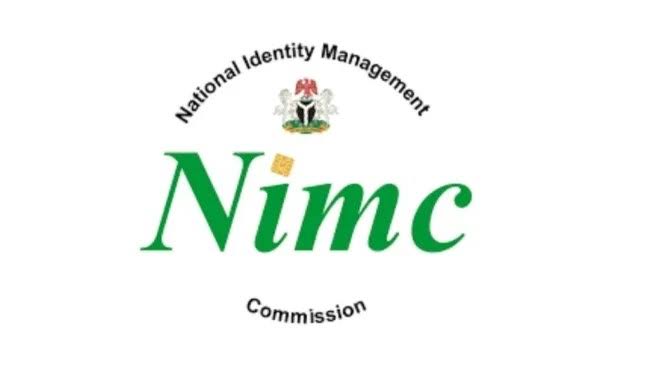The National Identity Management Commission, the Nigeria Interbank Settlement System, AfriGO and other key players have launched digital cards with multiple wallets to promote financial inclusion and contribute to Nigeria’s economic growth.
These digital cards are designed to provide Nigerians with access to essential government services across Ministries, Departments, and Agencies, as well as platforms for students to access government loans.
Nigerian farmers have already embraced the cards for government services including agricultural loans, seedlings, and inputs that improve food production and security, especially those under the Federal Ministry of Agriculture and Food Security.
According to Abisoye Coker-Odusote, the Director General and CEO of NIMC, the biometric-enabled cards include several features to address the socioeconomic demands of Nigerians in accordance with President Bola Tinubu’s eight-point agenda.
Coker-Odusote addressed the media at NIMC’s Abuja headquarters, flanked Managing Director/CEO of NIBSS, Premier Oiwoh, Managing Director/CEO of AfriGO, Mrs. Ebehije Momoh, and Managing Director of Data Mining Company. Femi Akande.
“The stakeholders have come together to shed light on the multiple benefits these digital cards will provide, and how they will impact the economy, particularly in supporting President Tinubu’s welfare programmes via digital identity verification,” Coker-Odusote explained.
Citizens will be able to use the cards for a variety of transactions, including paying for water and electricity bills, transportation and shopping.
These cards also aim to help unbanked residents in rural areas and enterprises that rely on government funding.
Coker-Odusote emphasized that the digital cards would provide opportunities for Nigerians to access government services without the need for intermediaries.
“These cards are equipped with security features that make them immune to forgery, as they contain the biometric data of their owners.
This is critical for preventing phantom recipients of government palliatives, loans, and other assistance programmes,” she noted.
Coker-Odusote expressed optimism that the digital cards would considerably benefit the country’s economy by increasing income production, contributing to GDP, and involving both state and private sector stakeholders.
CEO of AfriGO, Mrs. Ebehije Momoh, speaking on behalf of the stakeholders, emphasized that the cards would help ensure that financial resources remain within Nigeria’s economy.
“This is a domestic solution that drives financial inclusion and fosters transparency. It will help reduce costs, especially those associated with foreign exchange, and ensure that our financial transactions stay within the country,” she said.
Momoh added that the digital cards would support Nigeria’s cashless policy, ensuring that the flow of money stays within the local economy.
“We have about 26 banks issuing the cards, with more expected to join. Nigeria is the first country to introduce such an innovation, which will undoubtedly support micro-medium enterprises across the country,” she stressed.

